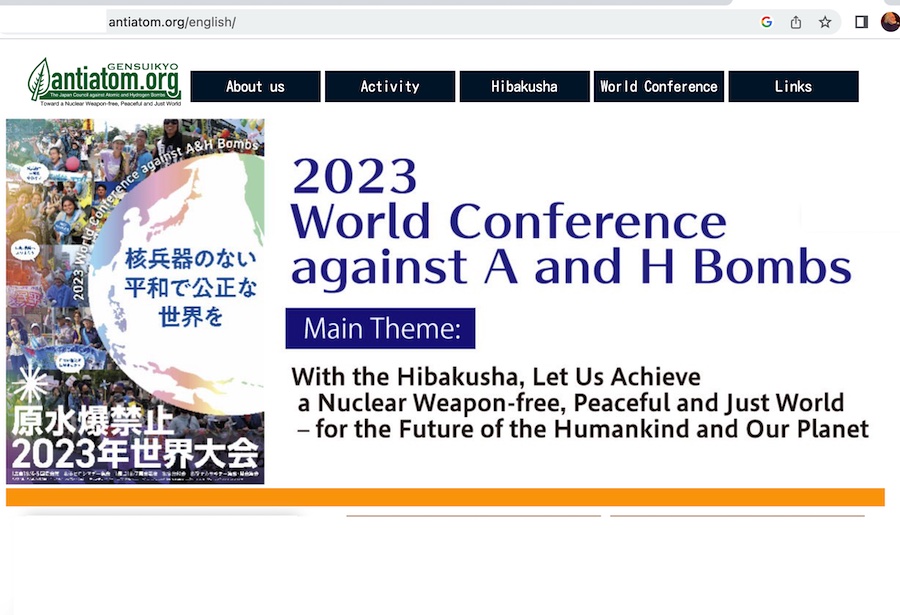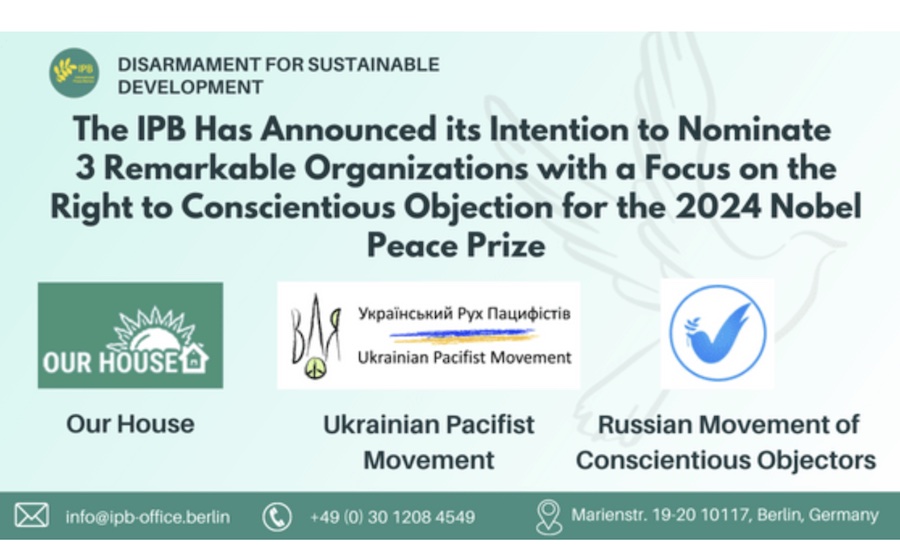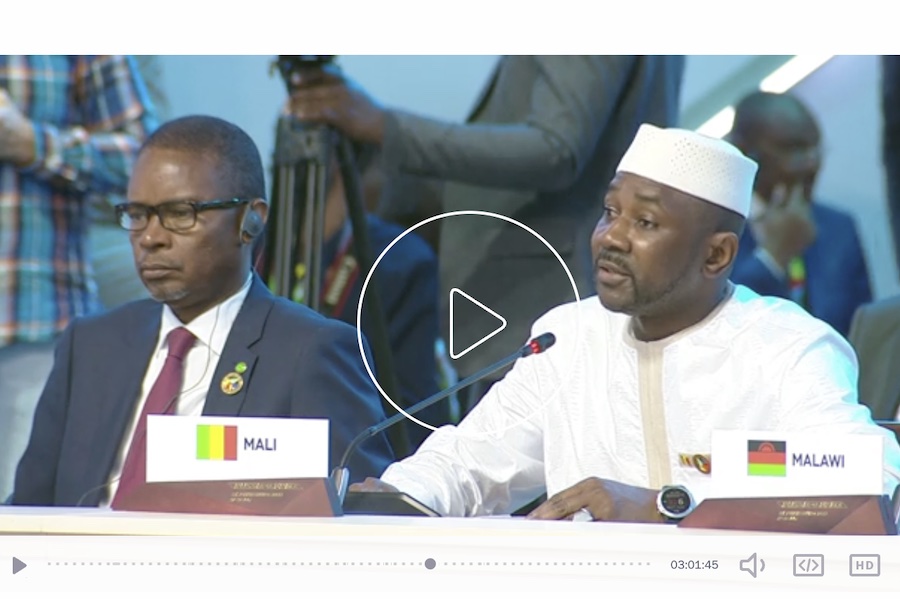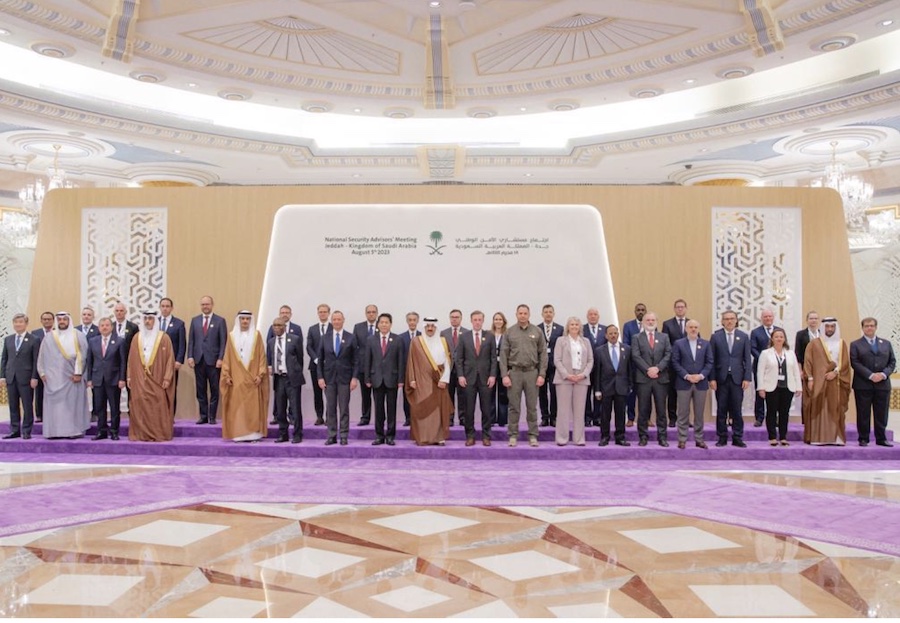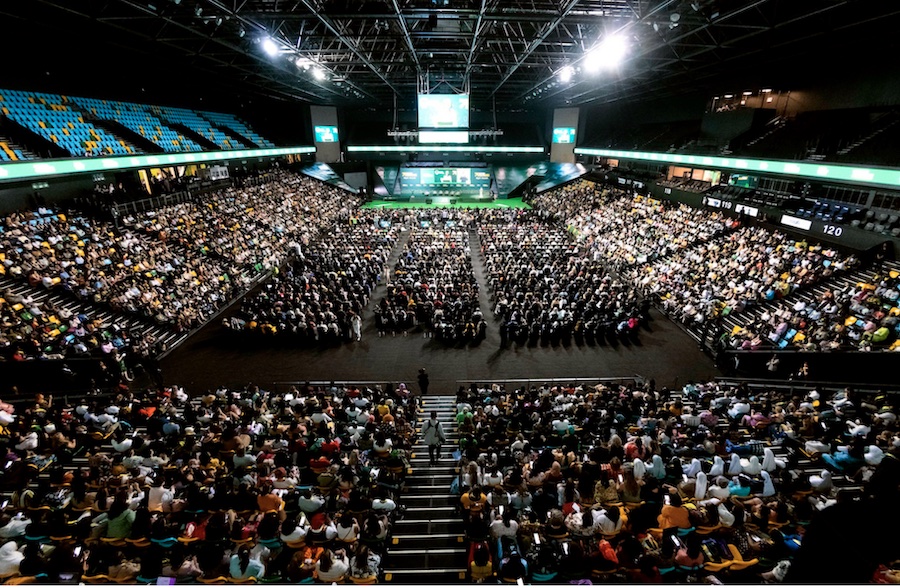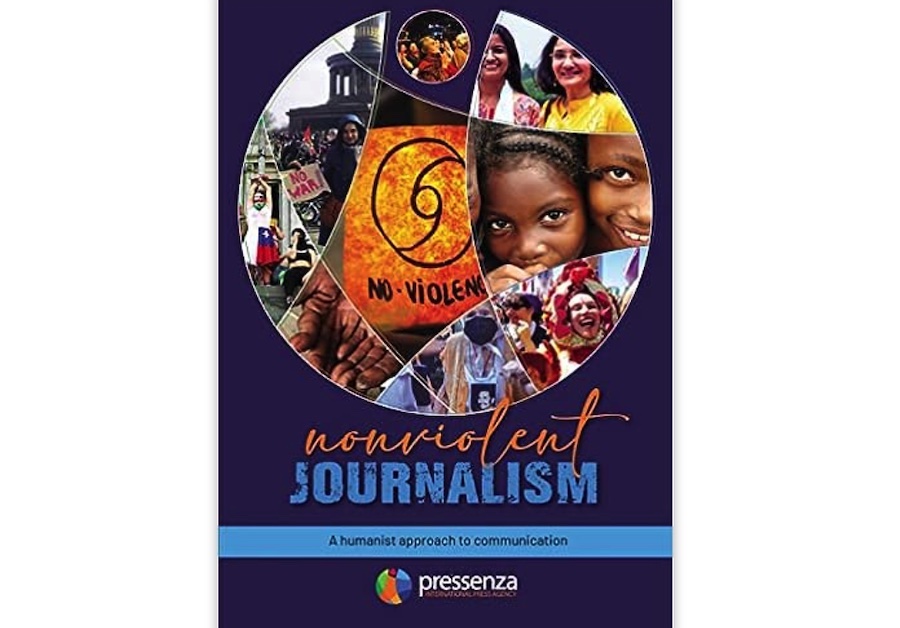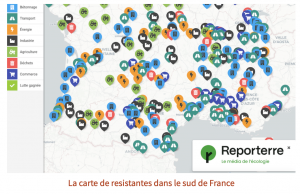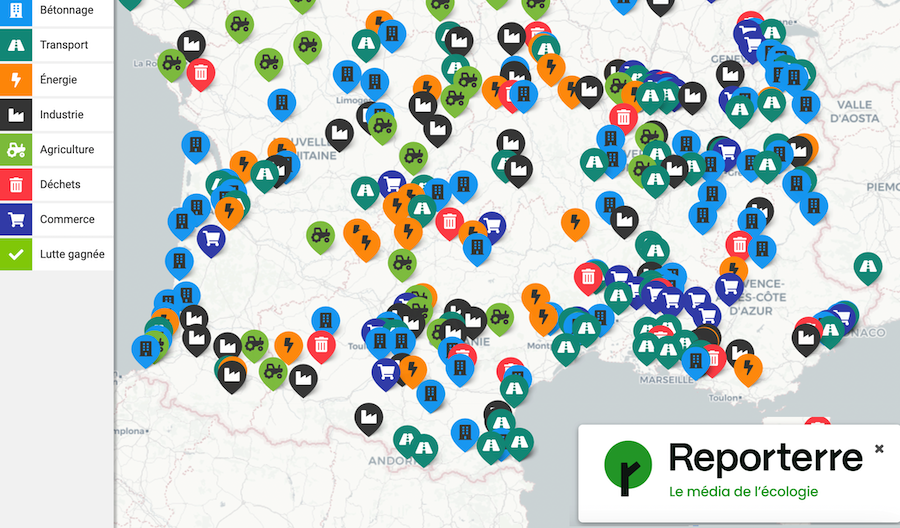DISARMAMENT & SECURITY .
An article by Jake Johnson in Common Dreams (reprinted according to terms of Creative Commons (CC BY-NC-ND 3.0) license)
Leading medical journals published a joint editorial late Tuesday (August 1) calling on world leaders to take urgent steps to reduce the risk of nuclear war—and eliminate atomic weapons altogether—as the threat of a potentially civilization-ending conflict continues to grow.
The call was first issued in The Lancet, The BMJ, JAMA, International Nursing Review, and other top journals. Dozens of other journals are expected to publish the editorial in the coming days ahead of the 78th anniversary of the U.S. nuclear bombing of Hiroshima and Nagasaki.
(Editor’s note: As of August 10, 100 medical journals have signed on to the editorial as listed here.

Protesters hold anti-nuclear war signs as they gather in the viewing area at an air base on May 21, 2022 in Lakenheath, England. (Photo: Martin Pope/Getty Images)
The editorial begins by noting that the hands of the Doomsday Clock are closer to midnight than ever before, reflecting mounting nuclear tensions amid Russia’s invasion of Ukraine.
“Current nuclear arms control and nonproliferation efforts are inadequate to protect the world’s population against the threat of nuclear war by design, error, or miscalculation,” the editorial reads. “Modernization of nuclear arsenals could increase risks—for example, hypersonic missiles decrease the time available to distinguish between an attack and a false alarm, increasing the likelihood of rapid escalation.”
The editorial cautions that even a “limited” nuclear conflict involving just hundreds of atomic weapons—a small fraction of the global arsenal—”could kill 120 million people outright and cause global climate disruption leading to a nuclear famine, putting two billion people at risk.”
“A large-scale nuclear war between the U.S. and Russia could kill 200 million people or more in the near term and potentially cause a global ‘nuclear winter’ that could kill 5-6 billion people, threatening the survival of humanity,” the editorial continues. “Once a nuclear weapon is detonated, escalation to all-out nuclear war could occur rapidly. The prevention of any use of nuclear weapons is therefore an urgent public health priority and fundamental steps must also be taken to address the root cause of the problem—by abolishing nuclear weapons.”
(Continued in right column)
Can we abolish all nuclear weapons?
(Continued from left column)
Chris Zielinski of the World Association of Medical Editors said in a statement that the joint publication is “an extraordinary development” given that medical journals typically “go to great lengths to ensure that the material they publish has not appeared in any other medical journals.”
“That all of these leading journals have agreed to publish the same editorial underlines the extreme urgency of the current nuclear crisis and the need for prompt action to address this existential threat,” said Zielinski.
The editorial was released as parties to the Treaty on the Non-Proliferation of Nuclear Weapons convened in Vienna in preparation for the 2026 treaty review conference. Last year, the 10th review conference of the nonproliferation treaty ended without a consensus agreement as Russia opposed a draft summary document.
All the while, the global nuclear stockpile continued to grow.
According to recent research by the Stockholm International Peace Research Institute, the nine nations currently known to possess nuclear weapons had 9,576 working nukes at the start of 2023, up slightly from the 9,490 total in January of last year.
The U.S.—the only country that has ever used nuclear weapons in war—and Russia control roughly 90% of the world’s nuclear arsenal.
None of the nuclear-armed countries have backed the Treaty on the Prohibition of Nuclear Weapons, a legally binding international agreement that bars signatories from using, threatening to use, developing, stockpiling, or transferring atomic weaponry.
The new editorial argues that must change if the world is to step back from the brink of catastrophe.
“The health community has had a crucial role in efforts to reduce the risk of nuclear war and must continue to do so in the future,” the editorial states. “In the 1980s the efforts of health professionals, led by the International Physicians for the Prevention of Nuclear War (IPPNW), helped to end the cold war arms race by educating policymakers and the public on both sides of the Iron Curtain about the medical consequences of nuclear war. This was recognized when the 1985 Nobel peace prize was awarded to the IPPNW.”
Noting that IPPNW and other groups played critical roles in the development of the Treaty on the Prohibition of Nuclear Weapons, the editorial calls on health professionals worldwide to “join with the IPPNW to support efforts to reduce the near-term risks of nuclear war, including three immediate steps on the part of nuclear-armed states and their allies: first, adopt a no first use policy; second, take their nuclear weapons off hair-trigger alert; and, third, urge all states involved in current conflicts to pledge publicly and unequivocally that they will not use nuclear weapons in these conflicts.”
“We further ask them to work for a definitive end to the nuclear threat by supporting the urgent commencement of negotiations among the nuclear-armed states for a verifiable, timebound agreement to eliminate their nuclear weapons,” the editorial adds. “The nuclear-armed states must eliminate their nuclear arsenals before they eliminate us.”
